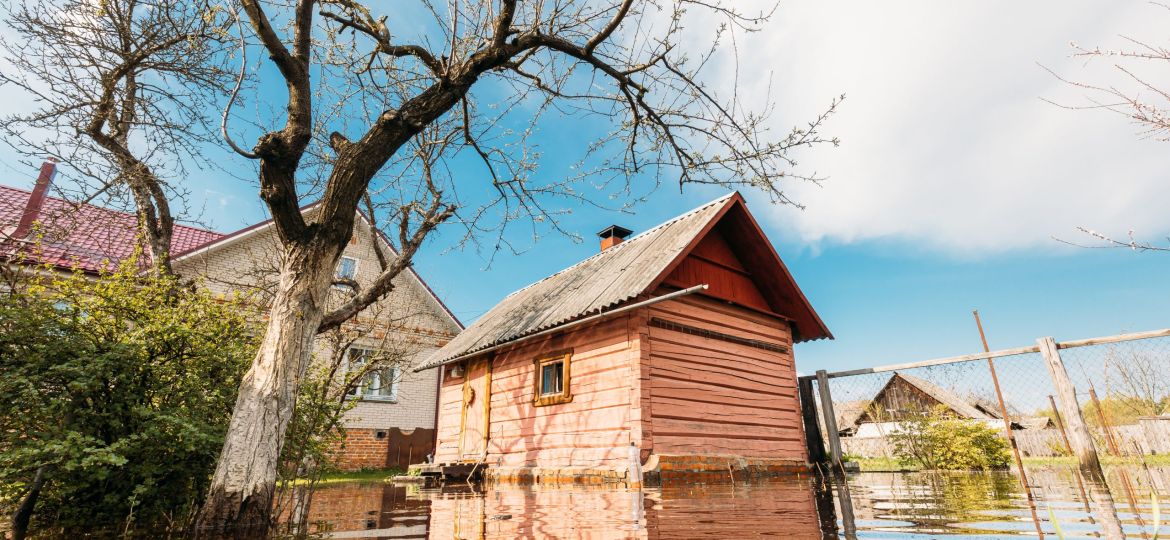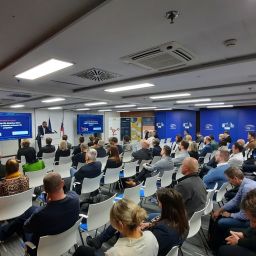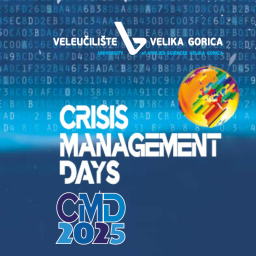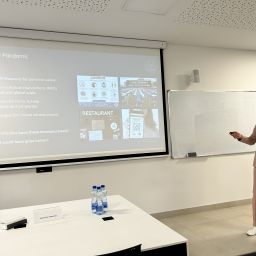
The response of the SPANISH CRITICAL INFRASTRUCTURE operators regarding recent climatic events
SUNRISE CRITICAL INFRASTRUCTURE SERIES
4th December 2023
The first Critical Infrastructure (CI) operator affected by recent climatic emergencies such as heatwaves, wildfires, and floods is a SUNRISE project partner and part of the ES cluster. It actively participates in the development of some of the project’s tools, focusing on healthcare and healthcare research within the CI domain.
Among these emergencies, heatwaves have significantly impacted the SUNRISE project partner. Despite the challenges posed by extreme weather conditions, the partner is accustomed to identifying patterns in patient influx during heat or cold waves. This is evident in the increased visits to the Emergency Room (ER), mostly by patients with pre-existing conditions exacerbated by adverse weather. While the cyclical nature of weather conditions, alternating between cold waves in winter and heatwaves in summer, has not disrupted the SUNRISE project partners’ operations, there is a cautious acknowledgment that unpredictability due to climate change might pose future challenges.
Currently, SUNRISE project partner countermeasures primarily involve hiring additional professionals and maintaining good relations with neighbouring healthcare facilities to share the burden during overwhelming healthcare pressures caused by climatic emergencies.
Reflecting on the need for more professionals, aforementioned partner emphasizes the potential benefits of the climatic models being developed in the SUNRISE project. These models could aid in anticipating and planning for healthcare challenges, particularly if the cyclical nature of heat and cold waves becomes less predictable.
The second operator to share their experience is the Consorcio Regional de Transportes de Madrid (RTM), also a SUNRISE partner within the ES Cluster, contributing to the technical tools of the project in the domain of public transport.
Recent climatic emergencies have impacted RTM directly, as the worst effects occurred within the areas under their jurisdiction. Despite serving as a control centre for coordinating various means of transport in the region, RTM admits to lacking a specific protocol for reacting to climatic emergencies. While they effectively coordinate efforts during regular events like increased passenger flow due to sports events or issues with vehicles, they face challenges responding fluently to climatic emergencies.
During climatic emergencies, RTM leverages its coordination and communication capabilities to assist governmental authorities. However, they acknowledge the absence of a comprehensive protocol tailored to climatic events, despite having knowledge of vulnerable train stations and utilizing multiple sensors and detection systems. The real-time response by RTM has been valuable during recent climatic emergencies but falls short in building resilience in critical infrastructure before events occur.
Similar to the aforementioned SUNRISE project partners’ case, the development of climatic models within the SUNRISE project could assist RTM in anticipating issues and implementing proactive countermeasures. The creation of protocols based on climatic models would enable a more structured and effective response to climatic emergencies, whether in detecting events beforehand or determining the necessary alternatives.
Written by: José Miguel Blanco, Eviden











